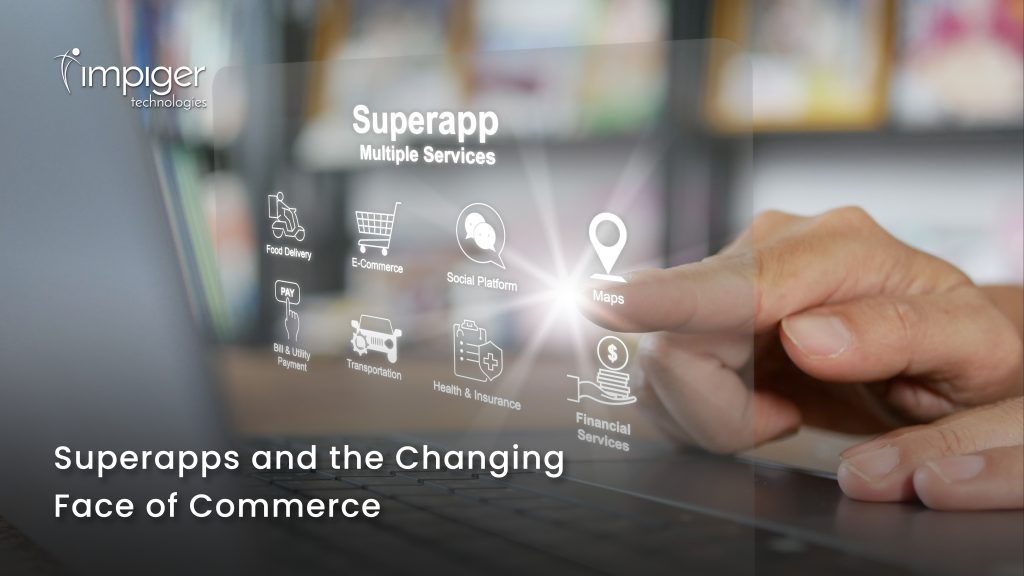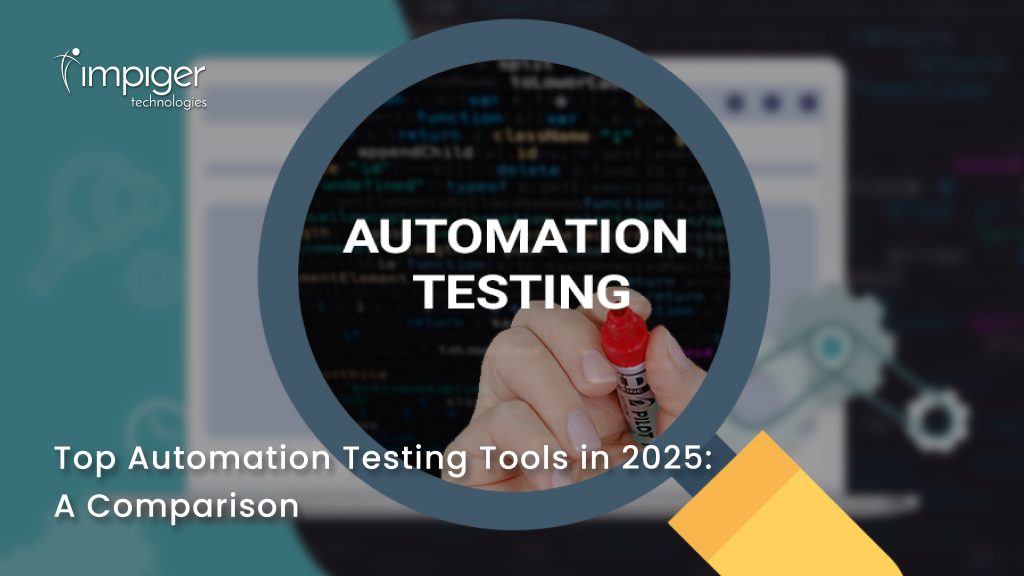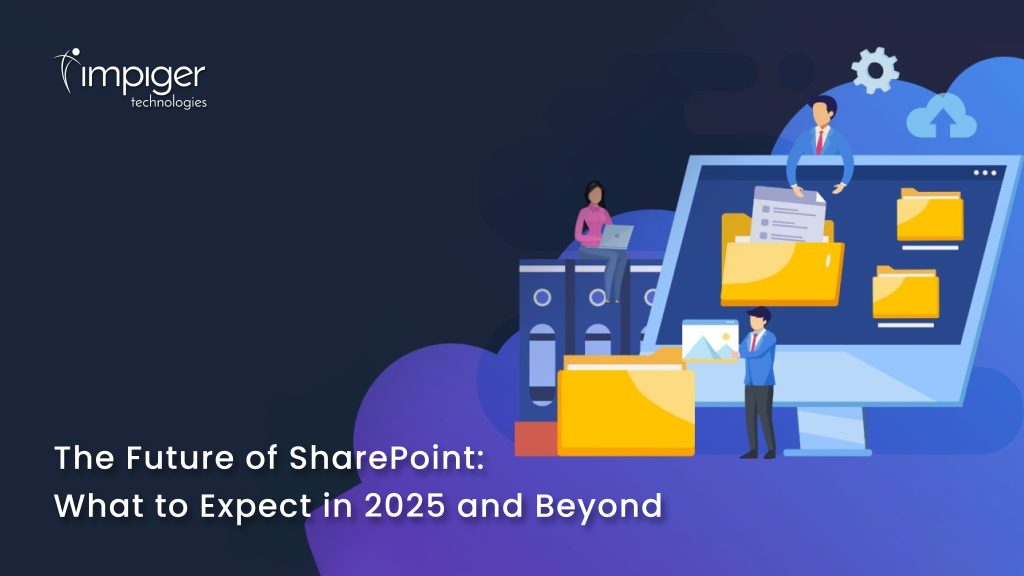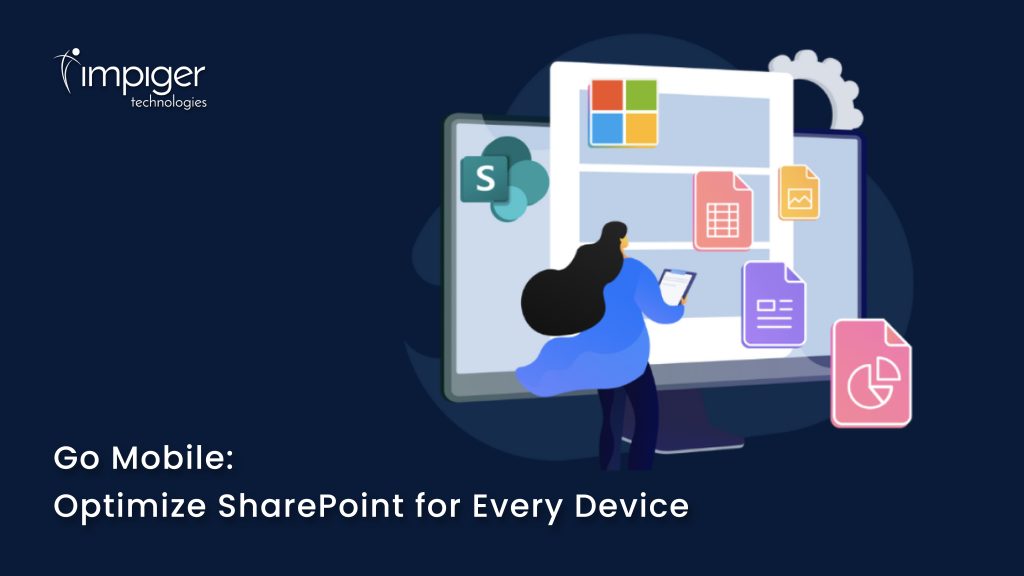In today’s fast-paced business landscape, delivering exceptional customer experiences is paramount. Customers expect efficiency, responsiveness, and personalized interactions. This is where Robotic Process Automation (RPA) steps in as a transformative tool that can significantly enhance customer service and satisfaction. In this blog, we’ll explore how RPA is revolutionizing the customer experience, making interactions smoother, more efficient, and ultimately more delightful.
The Changing Face of Customer Experience
Customer expectations have evolved dramatically over the past decade. With the rise of digitalization, customers demand rapid responses, 24/7 availability, and personalized solutions. Meeting these expectations manually can be challenging, leading to delays, errors, and inconsistencies. This is where RPA comes into play, offering a solution that not only meets but exceeds these expectations.
RPA: The Customer Experience Enabler
Robotic Process Automation is a technology that uses software robots (or “bots”) to automate repetitive, rule-based tasks. These tasks can span various departments, from sales and marketing to finance and customer support. When integrated strategically, RPA can have a profound impact on the customer experience.
Speed and Efficiency
One of the key benefits of RPA is its ability to perform tasks at incredible speed and without errors. In customer service, this translates to faster response times and streamlined processes. For example, RPA bots can quickly access and update customer information, process orders, or handle routine inquiries, freeing human agents to focus on more complex and value-added tasks.
Personalization at Scale
Customers appreciate a personalized experience, but delivering this at scale can be challenging. RPA can analyze customer data and behavior to provide tailored recommendations and communications. For instance, RPA can send personalized product recommendations based on past purchases or trigger follow-up emails after a support interaction to gauge customer satisfaction.
24/7 Availability
Customers want assistance when it’s convenient for them, not just during business hours. RPA operates round-the-clock, ensuring that inquiries and tasks can be addressed promptly, even outside traditional working hours. This availability enhances the overall customer experience by reducing waiting times and enhancing accessibility.
Enhanced Data Security
RPA ensures data security and compliance by minimizing the risk of human error in handling sensitive customer information. By automating data encryption, access control, and regulatory compliance checks, RPA helps businesses maintain customer trust and protect their confidential data.
Reduced Response Times
RPA enables businesses to respond to customer inquiries in real time by automating the analysis of incoming messages, emails, or social media interactions. Bots can categorize messages, extract key information, and route them to the appropriate human agent for immediate attention.
Consistent Multichannel Engagement
RPA allows for consistent and synchronized engagement across multiple customer touchpoints. Whether a customer interacts via email, chat, or social media, RPA ensures that their preferences and history are accessible to provide a seamless and personalized experience.
Error Reduction
Human errors can be costly, both in terms of resources and customer satisfaction. RPA eliminates errors associated with manual data entry and repetitive tasks. This results in higher data accuracy, fewer billing disputes, and more reliable service delivery, all of which contribute to improved customer satisfaction.
Real-World Applications
Let’s delve into some real-world applications of RPA in improving customer experiences:
Chatbots and Virtual Assistants
RPA-powered chatbots and virtual assistants provide instant responses to customer inquiries. They can handle routine questions, process orders, and even assist in troubleshooting technical issues. This ensures that customers receive quick and accurate assistance, leading to higher satisfaction levels.
Order Processing
Automating order processing with RPA accelerates fulfilment, reduces errors, and enables real-time order tracking. Customers can quickly check the status of their orders, receive timely updates, and enjoy faster deliveries, enhancing their overall experience.
Customer Onboarding
RPA streamlines customer onboarding processes by automating form filling, identity verification, and data validation. New customers can complete the onboarding process swiftly, leading to a positive first impression and smoother interactions.
Customer Feedback Analysis
RPA can analyze customer feedback from various sources, such as surveys, reviews, and social media comments. Bots can categorize feedback sentiments, identify common issues, and prioritize areas for improvement, enabling businesses to respond proactively to customer concerns.
Compliance and Reporting
In industries with stringent regulatory requirements, such as healthcare or finance, RPA assists in compliance management. Bots can automate the creation of compliance reports, ensure adherence to regulatory standards, and provide audit trails to demonstrate compliance to customers and authorities.
Dynamic Pricing Optimization
RPA can analyze market data and customer behavior to adjust pricing strategies dynamically. Businesses can offer competitive pricing by automatically tracking competitor prices, demand fluctuations, and customer buying patterns, increasing customer satisfaction and loyalty.
Claims Processing in Insurance
Insurance companies leverage RPA to expedite claims processing. Bots can validate claims against policy terms, calculate settlements, and initiate payments swiftly. Customers benefit from faster claims resolutions and improved trust in their insurance providers.
Personalized Marketing Campaigns
RPA-driven analytics enable businesses to create highly targeted marketing campaigns. By analyzing customer data, bots can segment audiences based on preferences and behaviors, leading to personalized product recommendations and offers.
E-commerce Returns and Refunds
Automating returns and refunds with RPA streamlines the process for customers. Bots can assess return requests, initiate return shipping labels, and process refunds, resulting in a hassle-free experience for shoppers.
Travel and Hospitality Booking
In the travel industry, RPA bots assist customers with booking flights, hotels, and transportation. They can check for the best prices, provide real-time availability, and send booking confirmations, ensuring travelers have a seamless experience from start to finish.
Final Thoughts
Robotic Process Automation is a game-changer in the realm of customer experience. By automating repetitive tasks, enhancing personalization, and providing round-the-clock support, RPA ensures that businesses can meet and exceed customer expectations. As customer satisfaction continues to be a key competitive differentiator, embracing RPA is no longer an option but a necessity for businesses looking to thrive in the digital age. Elevate your customer experience with RPA and reap the rewards of enhanced service and satisfaction.
Blog Reviewed by Kumaresan Selvaraj











